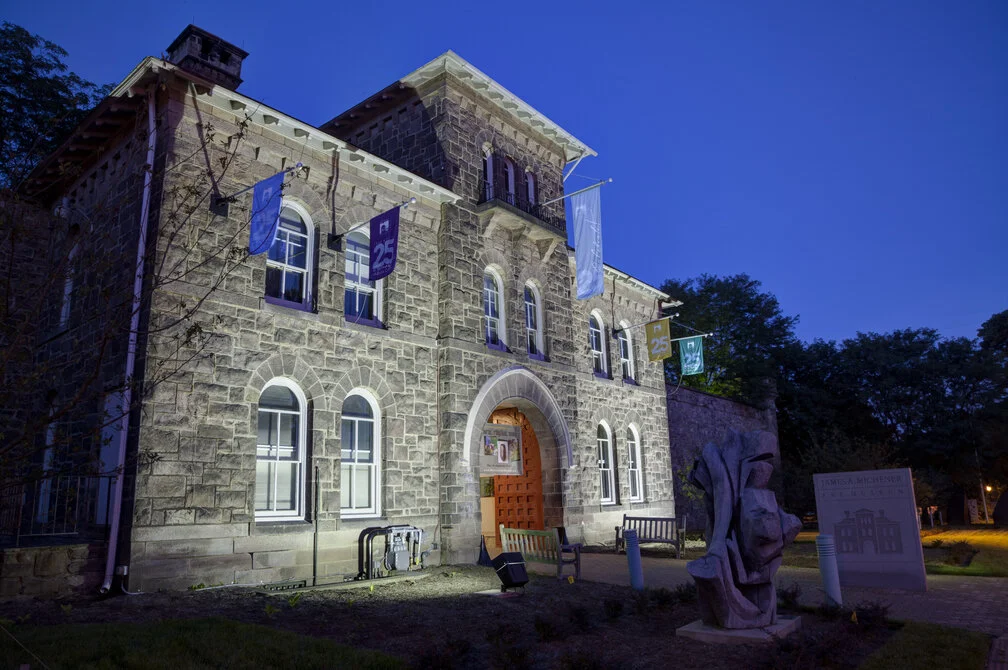How Is The Doris Duke Foundation Working To Ease Unrestrained Tuition Madness?
/I won't bore you with yet another diatribe on absurdly high college tuition costs. It's been documented elsewhere, and I feel like I'd be preaching to the choir anyway.
But if there's any silver lining to be found in the massive, punishing, rapacious, debt-incurring storm cloud that is the modern American university experience, it's the fact that foundations continue to step up and ease the burden, even if it's just a proverbial drop in the ocean.
For example, today brings news that the Doris Duke Charitable Foundation awarded a four-year, $100,000 grant to the Institute for Curatorial Practice in Performance at Middletown, Connecticut's Wesleyan University. The grant will support the participation of low-income students and students of color in ICPP’s master’s and certificate programs through the ICPP Scholarship Fund.
But before we take a closer look at these programs, let's first step back and see what, exactly, students are up against.
According to its website, a Wesleyan education can be "surprisingly affordable." The tuition? A mere $47,702 a year, or $188,000 for a four-year education. Further, the university asks students to borrow "no more than a total of $19,000 over four years" because they don't want students "graduating with heavy debt burden." (No word on if they'll lower tuition to ease said burden.)
I did the math, and based on Wesleyan's recommendation, a student would theoretically borrow a mere 10.1% of their total four-year tuition bill. And where, exactly, will the remaining $169,000 come from?
Well... the university, of course, offers generous financial aid packages. Wesleyan also recently introduced a three-year option to make it possible for students to graduate in six semesters, which can save families about $50,000. And, again quoting its site, the school will "not raise tuition rates in excess of inflation," and, without further specification, is "committed to reining in growth in the cost of attending over time."
OK, fine. But again, using the school's recommendations, a student is still on the hook for coming up with $169,000 solely in cash and grants.
None of this seems to be lost on the Doris Duke Foundation. Founded in 2010, the ICCP is a center for the academic study of the presentation and contextualization of contemporary performance, and offers an "interdisciplinary, graduate-level education in innovative and relevant curatorial approaches to developing and presenting time-based art."
The Institute, housed at Wesleyan University’s Center for the Arts, offers a Master of Arts in Performance Curation, which launches in July 2015, in addition to a ten-month, post-graduate certificate, now in its fourth year. The grant will increase ICPP’s financial aid and scholarship offerings over the next four years, starting with the inaugural class of the master’s program. During this time, ICPP will continue to work with Danspace Project and ICPP faculty at institutions that include the Museum of Modern Art, the Walker Art Center, the Center for the Art of Performance at UCLA, and others.
In short, the grant will enhance access to the ICCP's master's and certificate programs, particularly among low-income students and students of color.
All that being said, the entire grant comprises 53 percent of just one student's four-year tuition bill.
But hey, it's a start. And while I certainly don't mean to disparage any parties involved, the math speaks to a far more damning and depressing reality that certainly isn't isolated to a single university. It's an epidemic, and an unsustainable one at that.





































